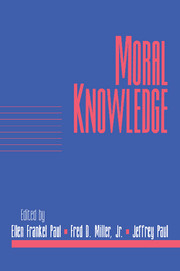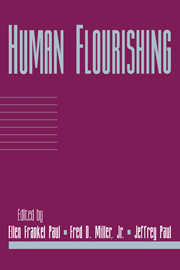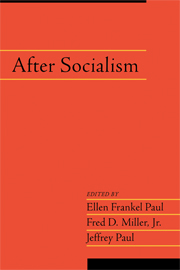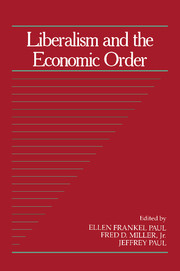Moral Knowledge
The essays in this volume address some of the most enduring questions involved in the search for moral knowledge. Can morality be founded upon facts about human nature, social agreement, volition, subjective preference, a priori reasoning, intuition, or some other basis? Is morality knowable in any objective sense that would make it universal and, therefore, binding on humans in all times, places, and circumstances? Or, rather, is morality inherently subjective, culture bound, or more radically still, uniquely determined by each individual for that individual? Is there an answer to those who maintain that it is misguided even to think in terms of moral knowledge, on the grounds that moral utterances are expressions of feelings or attitudes rather than claims that can be known to be true or false?
- This collection can be used as a textbook for classes in moral philosophy and legal theory at graduate/advanced undergraduate levels
- The present collection brings together the work of a number of leading scholars in philosophy who approach the subject of moral philosophy from a range of perspectives
Product details
August 2001Paperback
9780521006033
388 pages
230 × 154 × 22 mm
0.526kg
Available
Table of Contents
- 1. Realist-expressivism: a neglected option for moral realism David Copp
- 2. Thinking about cases Shelly Kagan
- 3. But I could be wrong George Sher
- 4. Moral facts and best explanations Brian Leiter
- 5. Two sources of morality Philip Pettit
- 6. 'Because I Want It' Stephen Darwall
- 7. Realism, naturalism, and moral semantics David O. Brink
- 8. Incomplete routes to moral objectivity: four variants of naturalism David Sidorsky
- 9. Explanation, internalism, and reasons for action David Sobel
- 10. Moral knowledge as practical knowledge Julia Annas
- 11. Practical reason and moral psychology in Aristotle and Kant James Bernard Murphy
- 12. Hypothetical consent in Kantian constructivism Thomas E. Hill, Jr.
- 13. Mill's 'proof' of the principle of utility: a more than half-hearted defense Geoffrey Sayre-McCord.






